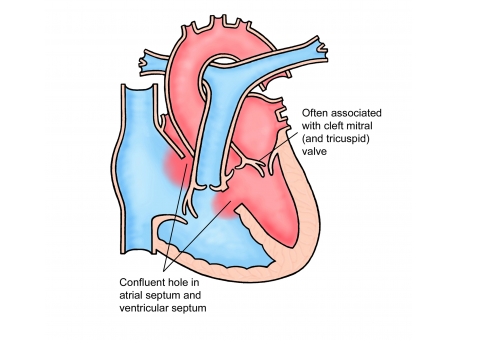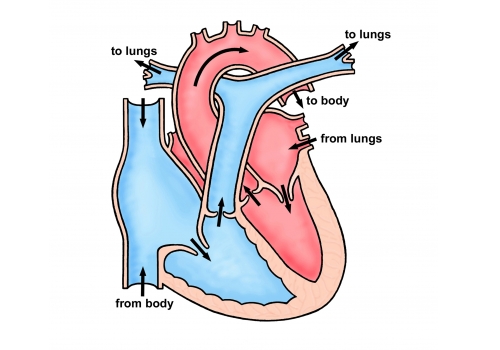Adult
- About
- Meet The Team
- Conditions
- Anticoagulation in Pregnancy
- Aortic Dilatation and Pregnancy
- Aortic Valve Disease
- Aortic Valve Replacement
- Atrial Septal Defect
- Coarctation - Transcatheter stent (keyhole) treatment
- Coarctation of the Aorta
- Congenitally Corrected Transposition of the Great Arteries
- Ebsteins Anomaly
- Eisenmenger’s Syndrome
- Fontan Circulation
- Mitral Valve Repair/Replacement
- Normal Heart
- Patent Foramen Ovale
- Pregnancy information for women with metal heart valves
- Pulmonary Incompetence
- Pulmonary Stenosis
- Pulmonary Valve Replacement - Surgery
- Pulmonary valve replacement - Transcatheter (keyhole) treatment
- Repaired Atrioventricular Septal Defects
- Sub-aortic Stenosis
- Surgical treatment of Atrial Septal Defect
- Tetralogy of Fallot
- Transposition of the Great Arteries - The Atrial Switch (Mustard or Senning) procedure
- Transposition of the Great Arteries – Arterial Switch
- Ventricular Septal Defect
- Ventricular Septal Defect - Transcatheter (keyhole) treatment
- Patient Feedback
- Making the most of your clinic appointment
- Your Appointment in Outpatients
- Easy Read Guide for Out Patients
- Cardiac Catheter
- Transoesophageal Echocardiogram
- MRI
- Surgery & "Top Tips" for coming into hospital
- Lifestyle Advice
- Exercise
- Heart Failure
- End of Life and Palliative Care
- Looking after your oral health
- Dentists Information Section: Dental care in adults at risk of Infective Endocarditis
- Yorkshire Regional Genetic Service
- Support
- Video Diaries
- Second Opinion
- Monitoring Results at Leeds Infirmary
- Professionals
Repaired Atrioventricular Septal Defects
Repaired ‘Atrioventricular Septal’ defects or ‘AV Canal’ defects
You were born with a complicated hole in the middle of your heart involving the wall between the two collecting chambers, the wall between the two pumping chambers, and one or two of the heart valves. The size of the hole can vary. You have had an operation to repair the hole and the valves in childhood.


Although your heart has been repaired, and you may feel very well, we recommend long term follow up for most so we can watch out for certain problems.
Leaking valves
Despite successful repair, there is often some leak on one or more of the heart valves. This leak is often very minor and does not change over the years. However in some cases, the leak worsens and requires either medication or another operation to fix it. We can monitor this by an ultrasound at your clinic appointments.
Narrowed valves
In some patients a narrowing can develop in one of the valves, which occasionally requires another operation to fix it.
Palpitations
Because you have had previous heart surgery, you will have some scars in your heart. You have a slightly higher chance than normal of developing heart rhythm problems in later life.
Children
Whether you are a man or woman there is a higher risk than usual of your children being born with a similar heart condition. Sometimes the heart condition can be more complicated in the next generation. If you are planning a pregnancy, we can talk to you about this in more detail. We would recommend an extra detailed look at the babies’ hearts by ultrasound at 18-20 weeks of pregnancy to assess any future problems. If you are a woman then we also like to make sure your heart will cope with being pregnant and therefore we would like to see you before you become pregnant.
Exercise
Regular exercise is encouraged. It is good for your general health and wellbeing and beneficial for your heart and circulation. Activities such as walking, cycling, and swimming are ideal and it is important to warm up and warm down slowly. We would not usually restrict your physical activities. If you have problems with leaky valves or heart rhythm you may have a reduced exercise capacity and you will need to modify your activities to cope with your symptoms. Your cardiologist will tell you if you need to restrict any physical activity.
